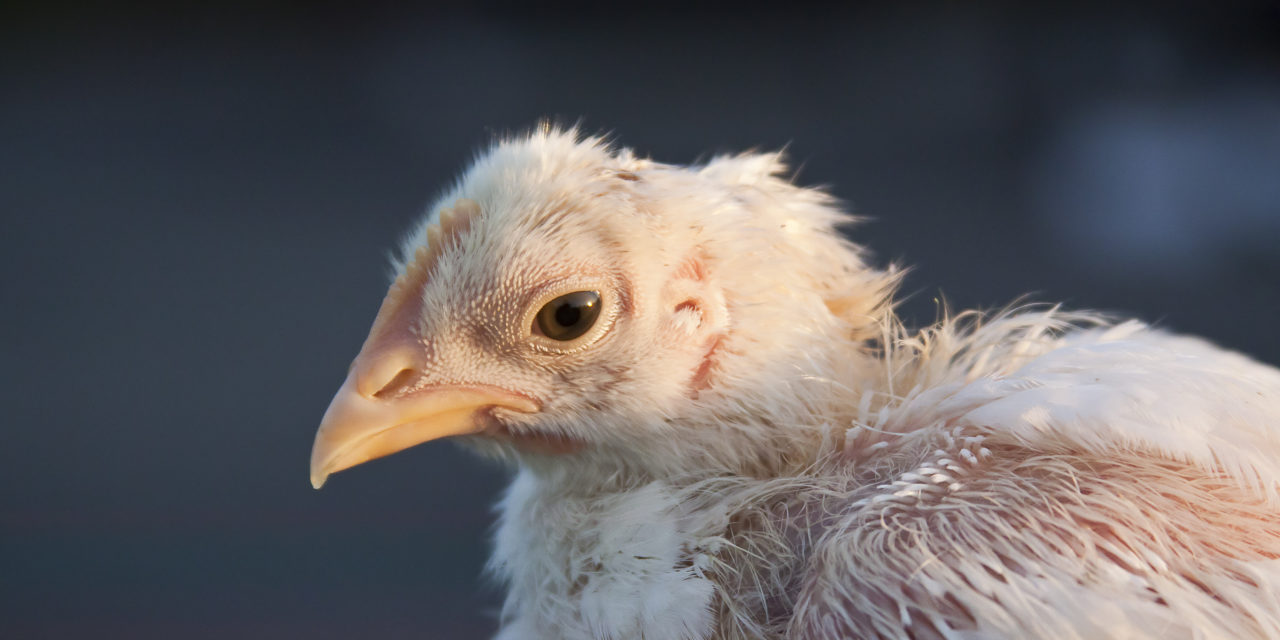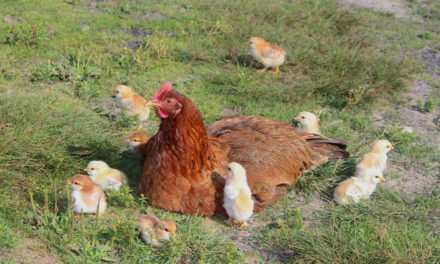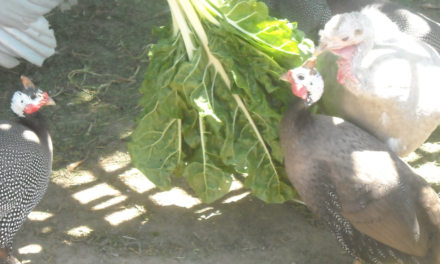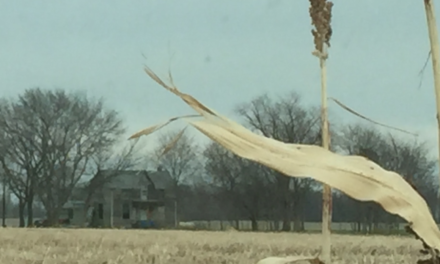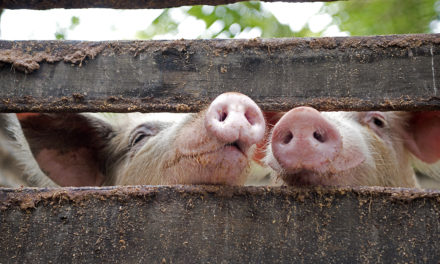What are the symptoms? How is she acting? These are the first two questions I ask when I get a call from a concerned flockster. Through the years I have gotten many calls asking for help diagnosing what is wrong with their sick chick. Most of the time, the conclusion is Coccidiosis, the most common protozoal disease in poultry. If you have chickens, you have cocci. No matter how healthy the flock, coccidia (a sporulated oocyst) can be found in the intestines of most chicks over 3 weeks old. This is why there is medicated starter feed that will list Amprolium as an aid in the development of active immunity to coccidiosis.
But the use of medicated feed makes some flocksters uneasy. I understand their concerns. I have tried both types of feed and I now go with one small bag of medicated feed to jumpstart the new chicks and then switch to a non-medicated feed until they reach point of lay (around 5 months old). It is best to allow the chicks to develop immunity to cocci through either exposure to, or a mild infection of, cocci.
Why, since most everyone has their chicks hatched and doing well, am I discussing Cocci now? A condition known as “new-house coccidiosis syndrome” which is an outbreak of cocci in a new chicken coop can be devastating to a new flock. Since on the new ground, the first birds raised have little exposure to the infective protozoa, when they eventually become exposed to the ever-present Cocci, they have little or no immunity to defend them and are unable to recover from the attack.
I am warning about cocci now because the outbreaks of this protozoal disease are most likely during periods of warm, humid summer weather. Other conditions that can cause it include stressors such as overcrowding, dirty coop conditions, changes in feed, being transported, or a sudden drastic change in temperatures.
Cocci are carried by wild birds, on the bodies of insects, on people’s shoes and on equipment that is not properly cleaned. Managing the health of your flock starts with cleanliness. I highly recommend using a nipple watering system if you are not going to be able to daily clean other types of waterers. Buchheit carries an excellent individual nipple that enables you to be creative in your design of nipple waterers.
The best defense against cocci is prevention. Don’t wait for an outbreak. When we have a dramatic shift in weather, like a rapid drop in temperatures, I am pro-active and give my girls a dose of apple cider vinegar with the mother. It must be apple cider vinegar with the mother. It is cloudy in the bottle so shake it up and mix one tablespoon to one gallon of water. You can also add 3 tablespoons of cayenne pepper which your birds will accept as they do not have a sensor for heat in their mouths. This one-two punch will usually work to save the bird if it is in the early stages.
If you want to use medications, please understand that it is complicated. To effectively treat cocci, you must administer the correct dosage and some treatments require such high levels of the drug that you may poison the chicken. Since the best treatment is having your chickens develop immunity to coccidia, if you kill off all the protozoa with medications, you may have another outbreak as soon as the drugs are withdrawn. From past practice the apple cider vinegar and good management are the best defenses against coccidiosis.
I hope this information will help protect your flock from one of the major causes of chicken fatality.
Be blessed! Annie May

